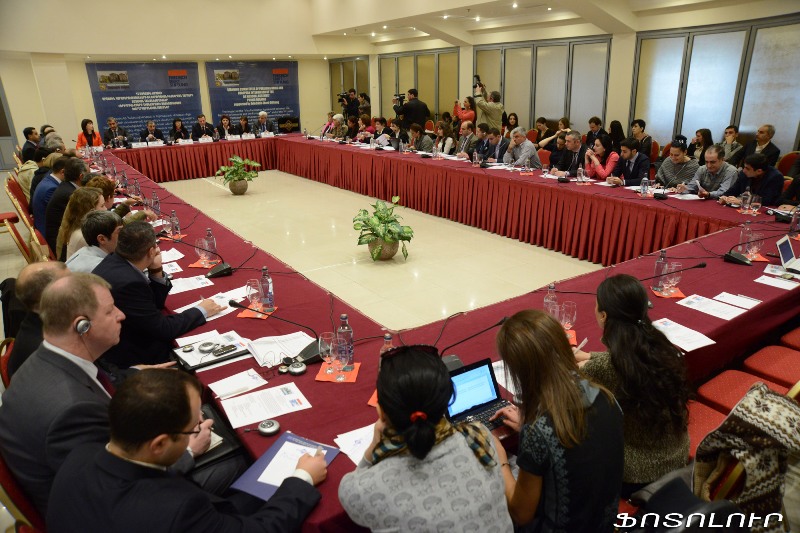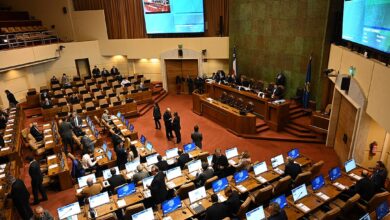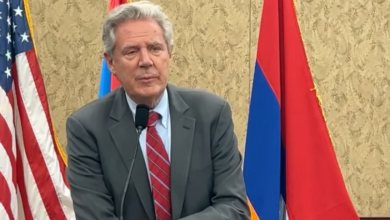
Artak Barseghyan
Public Radio of Armenia
The current state and perspectives of development of Armenia-EU relations were discussed at today’s parliamentary hearings. The “Agreement on Visa Facilitation between the Republic of Armenia and the European Union” and the “Protocol to the Partnership and Cooperation Agreement between the European Communities and their Member States, of the one part, and the Republic of Armenia, of the other part, on a Framework Agreement between the European Union and the Republic of Armenia on the general principles for the participation of the Republic of Armenia in Union programs” were on the agenda. The two documents are expected to be ratified during the forthcoming regular four-day sitting.
The two documents could contribute to the process of further European integration of our country, expanding the framework of the bilateral and multilateral programs, Chairman of the National Assembly’s Standing Committee on Foreign Affairs Artak Zakaryan said. According to the MP, the Armenia-EU relations cannot suffer because of the intention to join the Customs Union.
“Implementation of the agreement on visa facilitation will make it easier for the parties to communicate,” Head of the European Department of the Ministry of Foreign Affairs Armen Liloyan said. Meanwhile, Denmark, Great Britain and Ireland have stayed apart from this process, as they have adopted a stricter migration policy. It’s necessary to sign bilateral agreements with those countries, Liloyan added.
The provisions of the Armenian-European agreements to be ratified next week do not contradict the relations with members of the Customs Union, said Stepan Grigoryan, President of the Analytical Center on Globalization and Regional Cooperation. At the same time he did not exclude that the process could be impeded because of pressures on the part of Russian authorities. “If Armenia is not accepted to the Customs Union, the European integration process can return to its former course,” he concluded.








